About Dialogue
The root of the word dialogue goes back to Greek. Dia logos is most often translated as: through the word, between words or the flow of meanings. In literature and life, dialogue is most often discussed from four perspectives:
- communication, interaction – dialogue as a conversation or a special form of communication in which mutual understanding is important;
- relationships – building bonds, healthy and close contacts, as well as human development thanks to dialogical relationships,
- collective intelligence – that is, the ability to learn from each other, make better decisions through appropriate communication, where listening and openness to other opinions are crucial
- philosophy – where the focus is on man and his encounter with another human being (philosophy of dialogue, philosophy of encounter)
Associations concerning dialogue as a medium of communication, conversations come to mind most often, automatically, naturally. They do not exhaust, but only signal the possibility of reflection on dialogue. Dialogue, discussion, debate, conversation, polemic are words commonly used in the context of conversation. Often – wrongly – interchangeably. For example, in communication dialogue, we focus more on listening, understanding, explaining than, for example, convincing and wanting to prove the point – as in a debate. Here’s an attempt to organize these concepts:
Comparison of dialogue, discussion and debate in the context of communication
Dialogue
Discussion
Debate
Meaning of the word (etymology)
Dialogue:
from Greek dia logos – “through the word”, free flow of meanings
Discussion:
from Latin discutere –
to break into pieces
from Latin discussion –
discussion, write-up
Debate:
from latin bat(t)uere –
to hit, to smash, to fight
Individual objective
Dialogue:
exploring together, understanding better; collective focus; a joint reflection
Discussion:
decision making and drawing conclusions; closing the topic
Debate:
Only one option wins
Group goal
Dialogue:
better understanding of others, Learning from others
Discussion:
presenting views
Debate:
convincing others, winning
Interpersonal relationships
Dialogue:
partnership
Discussion:
equality and competition
Debate:
Rivalry / Confrontation
Condition for existence
Dialogue:
openness to others, creating space for dialogue; suspension of prejudiced concepts
Discussion:
purposeful meeting to discuss options, exchange opinions; willingness to make a decision
Debate:
Purposeful meeting of opponents
Individual thinking
Dialogue:
reflective thinking
Discussion:
from habit thinking
Debate:
from habit thinking
Time
Dialogue:
it takes time, some “slowdown”
Discussion:
limited time, e.g. to make a decision
Debate:
specific, limited time
Organization of the meeting
Dialogue:
Sitting in a circle or similar arrangement (e.g. ’round table’)
Discussion:
randomly sitting, often with a separate place of the “leading” person
Debate:
sitting of the “parties” opposite each other, the so-called Confrontational
What does dialogue mean to us?
"Dialogue is a kind of contact, interaction between people, in which mutual curiosity and openness to other people are important. The desire to find out what other person thinks, what she/he is, what her/his opinions, thoughts, experiences are. A relationship full of respect for difference, which enriches both parties, in which we learn from each other, thanks to which we know more and become better."
Iwona Kozieja-Grabowska
"Dialogue in its essence is a meeting of souls. That is why dialogue is so difficult to have in everyday life, because it requires stopping in the narrow gap that it is now, focusing on the other and forgetting about yourself, about your ego. Dialogue is the flow of meanings between our souls."
Zbyszek Grabowski
Why was the foundation focused on teaching and promoting dialogue established?
Just look around. We are witnessing many disputes, conflicts and quarrels, characterized by a deep polarization of positions, inability to listen to the arguments of the other side, lacking any desire to understand the attitude and views of the other.
Is dialogue the right response to this situation? In our foundation, we deeply believe that yes. That it is possible to shape attitudes and dialogical skills, such as: mindful listening, temporarily suspending one’s own views, creating a climate conducive to the flow of content deeper than just words.
Is it easy? No. It is difficult and not very popular, but it is worth making an effort and to build bridges of understanding brick by brick and step by step. This is what we have been doing since the beginning.



